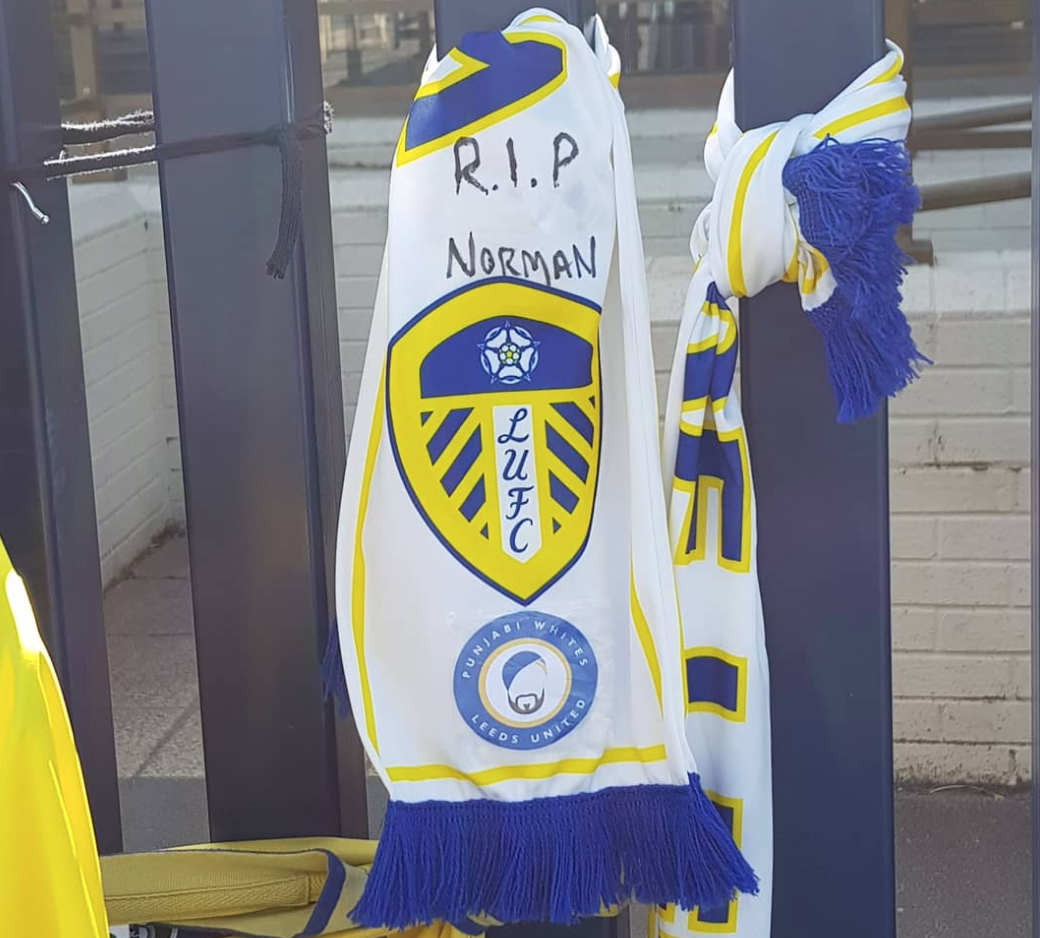
A robust portfolio is like a football team. As well as creative midfielders and attackers, it needs defenders — government bonds, say, along with riskier stocks.
Within equities too, there are more defensive risk factors, like quality and low volatility.
As with football, though, the best defenders do more than just defend. Like the late Norman Hunter, the former Leeds United and England and England centre-half who sadly died recently from coronavirus, they help turn defence into attack.
No, they aren’t not designed for outperformance. That’s not their primary function. But, over extended periods, quality, low-vol and high-dividend stocks have all outperformed the broader market.
And, as CRAIG LAZZARA from S&P Dow Jones Indices explains, they tend to come in to their own in periods, like the one we’ve seen recently, when dispersion levels are high.
A wise man told me years ago that there are some things you can’t get if you go after them directly. If you’ve ever watched someone trying to sound interesting, you’ll realise the truth of my friend’s observation. There are plenty of interesting people out there, of course, but they achieve that status by pursuing the things that interest them, and their enthusiasm attracts the interest of others.
At least in this respect, portfolio management sometimes imitates life. Factor indices come in many flavours — some tilt toward popularity and momentum, some toward unloved value names, and so on. One helpful division is between risk enhancers and risk mitigators. As the name suggests, risk mitigators have lower volatility levels than the parent indices from which their constituents are drawn. Familiar examples would include such factor families as low volatility, dividend aristocrats, and quality.
One of the remarkable things about these factors is that, over extended periods of time, they’ve all outperformed the S&P 500:

This is remarkable because none of these factors are designed for outperformance. The Dividend Aristocrats comprise consistent, committed dividend growers; Low Vol screens for low historical volatility; Quality looks for balance sheet strength and profitability. All three aim to provide protection in down markets and participation in rising markets; they (usually) outperform when the market falls and underperform when the markets rises.
Yet all three defensive factors have outperformed, at a time when the vast majority of actively-managed portfolios have lagged the S&P 500. They’ve achieved outperformance without going after it. One reason for this result is the way in which dispersion interacts with returns.
Dispersion measures the degree to which the constituents of an index produce similar results. If dispersion is low, the impact of deviations from an index — whether by active stock selection or factors tilts — is relatively small. When dispersion is high, returns are widely separated, and the opportunity for active managers — or factor indices — to add value grows commensurately. But dispersion varies as the market environment changes:

What the chart above illustrates is that when the market declines, dispersion tends to be high. When the market rises, dispersion tends to be relatively low. That means that defensive factors tend to outperform when the payoff for outperforming is above average, and to underperform when the penalty for underperformance is below average.
This asymmetric pattern explains why defensive factors typically capture more of the market’s upside and less of its downside — and, serendipitously, why defensive factors generally outperform over long periods of time.
CRAIG LAZZARA is Managing Director and Global Head of Index Investment Strategy at S&P Dow Jones Indices.
This article was for first posted on the Indexology Blog and is republished here with the kind permission of S&P Dow Jones Indices.
You can find more from Craig Lazzara here:
Don’t mistake style drift for outperformance
Are passive managers really the kings of Wall Street?
SPIVA: What it is & what it does
Poor fund performance is a global problem









